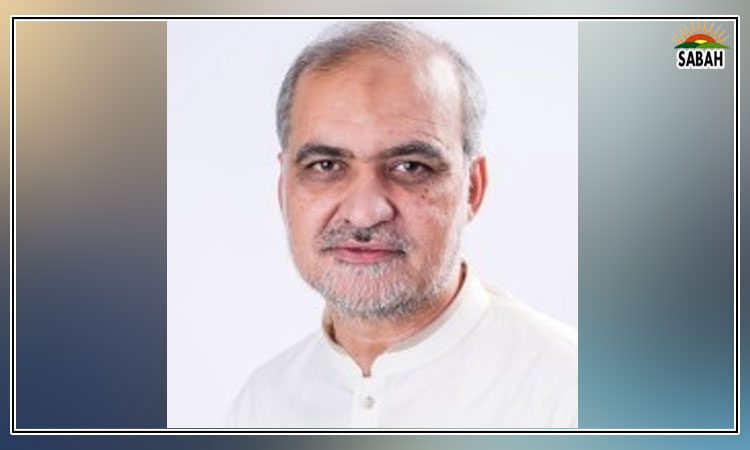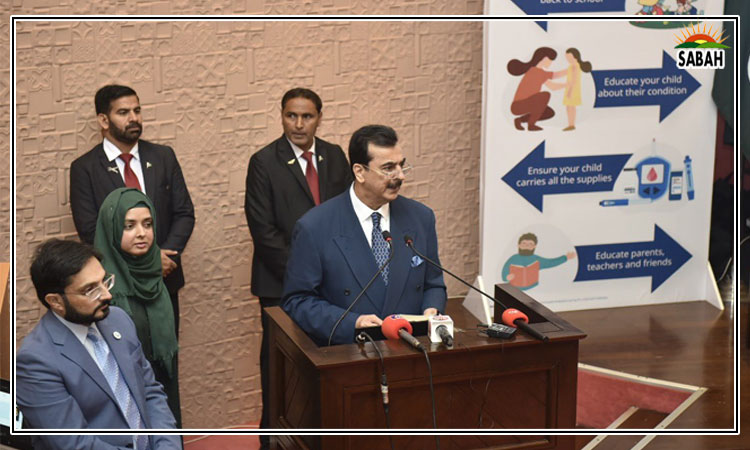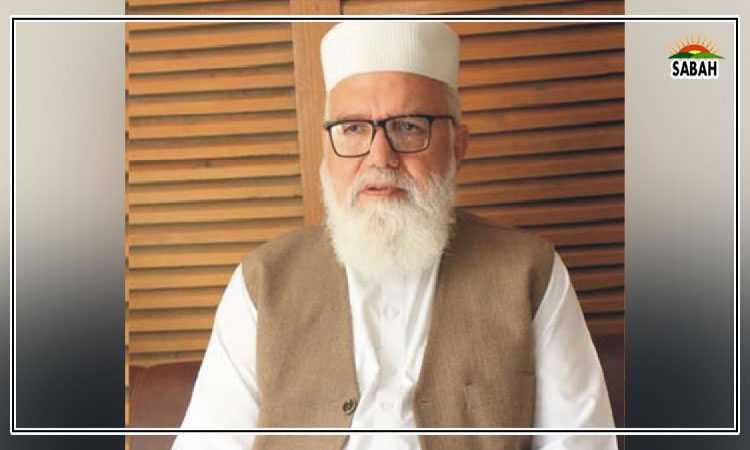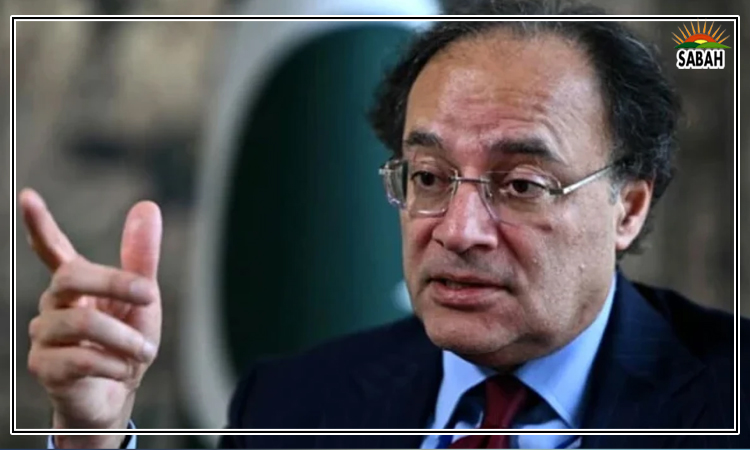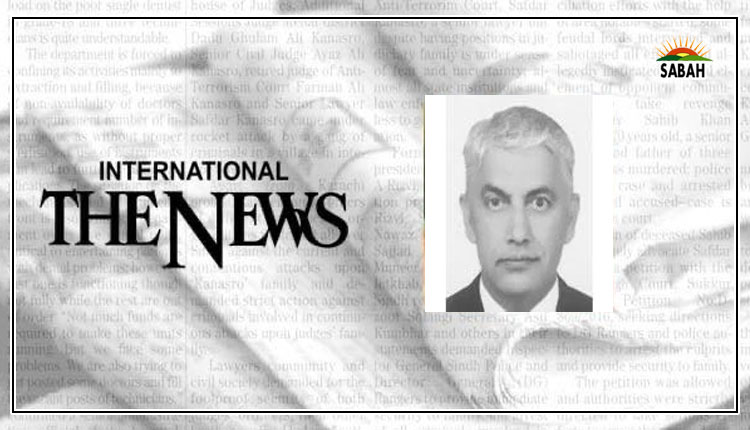The date debate…Muhammad Waqar Rana
Mark Tushnet in his book Why the constitution matters argues that the constitution matters because it provides a structure for a civil government that assures liberties. In developing democracies, constitutions also matter a lot. Any slight deviation, for any reason whatsoever, be it state necessity or political expediency, from the constitutional precepts can be fatal for democracy, rule of law and the people.
The political and constitutional history of Pakistan is abundant with instances of abrogation and abeyances of constitutions. For a regular citizen, the constitution and the law hardly have any meaning. The constitution however remains the only protection and unifying force for a fledgling federation weakened by divisions and polarization. A colorful gloss put on the constitution in long and lengthy judicial sermons seems like beautifying marginal notes and nothing more. The constitution needs to be treated like a scripture.
It is in this context that the debate about fixing the date for general elections to the national and four provincial assemblies is to be approached. The caretaker government remains noncommittal in its stance. The Election Commission of Pakistan (ECP) in its response to the presidents letter seems clear in its stance that the power to fix the date for elections vests in it. That the time limit given in the constitution is not sacrosanct. The outgoing leader of the opposition and the governor of Punjab have been vocal in giving February 2024 as the time for elections. Their stance is aligned with the position taken by the major political parties which have been avoiding elections for the last one year for political expediency.
Two provincial assemblies were dissolved but the governors failed to fix the date for the elections. The matter ended up in courts and was lost somewhere due to differences having arisen amongst the brethren on the issue of assumption of jurisdiction with the consequence that despite clear orders by the Supreme Court the PDM government and their appointed governors refused to implement those orders. The ECP, a constitutionally mandated institution to organize elections, also joined the cause of the former federal government and deviated from its constitutional mandate without any fear of accountability. Caretaker governments installed in the provinces were allowed to continue beyond 90 days.
The term of five years of the previous National Assembly would have expired on August 12, 2023. The prime minister, Shehbaz Sharif, however seemingly to gain political advantage on August 9, 2023 advised the president under Article 58(1) of the constitution to dissolve the National Assembly. It thus stood dissolved on August 9, 2023.
Having advised the president to dissolve the National Assembly, for constitutional purposes, the prime minister failed to notice that he had lost the power to advise the president in the performance of constitutional functions for which the prime minister had to have the confidence of the majority of the members of the National Assembly. After giving the advice for dissolution he lost that power for lacking two underlying constitutional requirements, responsible government and representative character, which provided constitutionality to his advice to the president. This constitutional fiasco may have a serious bearing upon many actions of the previous federal government.
It is an established constitutional principle of Westminster parliamentary democracy that the prime minister can advise the sovereign to dissolve the House of Commons. But this rule has exceptions. When a motion for no-confidence is tabled against the prime minister the sovereign may refuse dissolution and instead thereof allow the opposition leader to form the government. When the prime minister advises dissolution his/her advice usually contains the date for the next elections. The sitting government has this advantage in choosing an appropriate time for elections.
There is a convention of holding elections at an early date. In the political history of Great Britain elections were never disputed on the ground of rigging or manipulation by the sitting governments. This principle was followed in the 1973 constitution of Pakistan as well. But the events of 1977 provided a ground to change this rule. Instead of improving the political culture and conduct of leaders, an expedience was found that seemingly further compromised the integrity of the electoral process.
A system of caretaker setup was introduced. Article 48 was amended by PO 14 of 1985 and clause (5) was added whereunder the president in case of dissolution would fix the date of elections not later than 100 days of the dissolution and also appoint a caretaker cabinet. Through the 8th Amendment the period of 100 days was reduced to 90 days. Through the 18th Amendment (2010) Article 48(5) was substituted and amended to the effect that the words notwithstanding anything contained in clause 1 was added for the reason that in clause (1), the words act on and were added.
Upon receiving an advice for dissolution there was an obvious and consequential omission made by the incumbent president while issuing the proclamation of dissolution. He failed to appoint the date of elections therein. Since the outgoing prime minister could not advise on the date of elections and the caretaker prime minister lacked the authority to advise the president on the date of elections, the power to appoint a date of elections thus exclusively vested in the president.
The period of 90 days provides the outer limit. The president was supposed to appoint the date of general elections in the proclamation of dissolution. To avoid delays in elections the period of holding elections was given in the constitution. The preamble envisages the exercise of authority through chosen representatives. The date of elections must not go beyond 90 days in any case. The expression not later than puts in a clog on that power.
The ECPs stance is based upon a misinterpretation of the constitution. The president is the head of the state and a symbol of unity. Constitutional powers and executive authority of the federation are exercised in his name. Duties of the ECP under Article 219 are limited to holding or organizing and conducting elections. The ECP chief could not have refused a meeting with the president. Article 224 in its original as well as amended form, in case of dissolution of the assemblies, provides for elections within 90 days. An attempt to confer this power to appoint a date for elections under Section 57 of the Election Act, 2017 was patently illegal and unconstitutional if it was being read as giving the power for fixation of the date of general elections to the ECP.
On the other hand, read literally, the newly added subsection (1) of Section 57 starts with subject to the constitution and the constitution provides that the president shall appoint the date for elections. Moreover, since the president does not issue notification and the matter was not to be left to the caretaker governments, obviously the ECP had to announce the date(s) appointed by the president or the governors respectively, in the official gazette. It is a machinery provision. The difference between the words announce and appoint was perhaps overlooked by the ECP. In SMC 1 of 2023, the Supreme Court has held that power to appoint the date of elections in case of premature dissolution vested in the governors. The same applies to the president.
Elections were delayed for no reason after the 1956 constitution came into force. In 1970, the mandate of the majority was not respected. Since 1985, almost every election has remained disputed. Pakistan needs stability and peace for development and prosperity. In the ultimate analysis, the people are the best judges of their leaders provided they are allowed to elect them or reject them through the ballot for which timely and transparent elections are mandatory.
Courtesy The News





